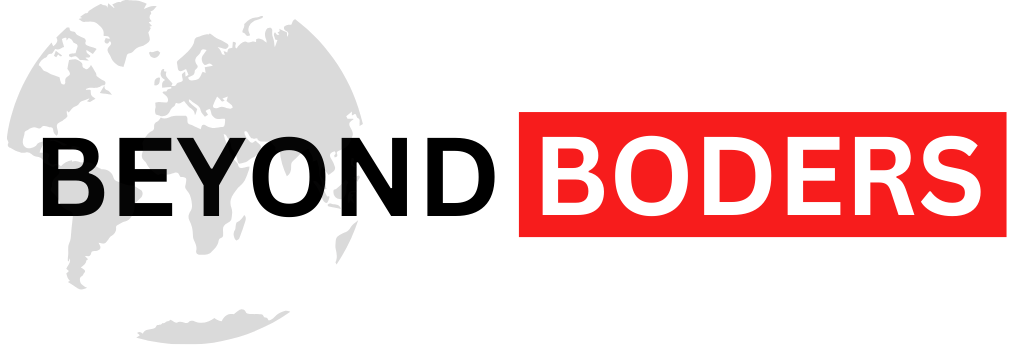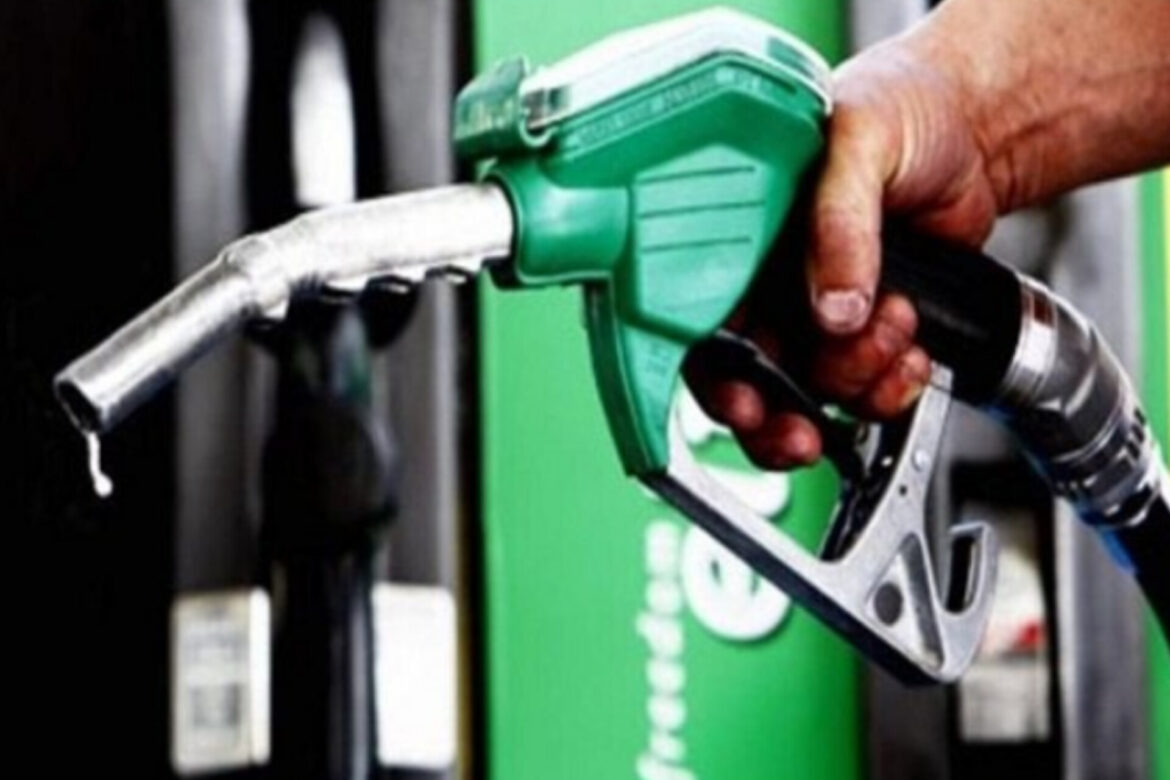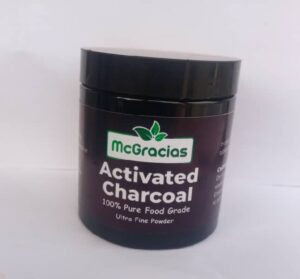The Nigerian National Petroleum Company Limited (NNPCL) is working with major oil marketers to find ways to end petrol importation in Nigeria.
The goal is to rely more on petrol produced by the Dangote Refinery.
The meeting, led by NNPCL’s Group Chief Executive Officer, Mele Kyari, and the Nigerian Midstream and Downstream Petroleum Regulatory Authority, included key stakeholders such as the Major Oil Marketers Association of Nigeria (MOMAN), Depot and Petroleum Products Marketers Association of Nigeria (DAPPMAN), and representatives from companies like 11 Plc, Matrix, and AA Rano.
According to sources, discussions focused on the Dangote Refinery’s ability to meet Nigeria’s fuel demand. Some stakeholders, however, were not present at the meeting, and their input is needed before any final decision is made.
“Yes, the meeting took place but there were some points highlighted and agreed upon, so we have to make sure everything is in sync,” one marketer stated.
The meeting also highlighted concerns about relying solely on the Dangote Refinery. Stakeholders questioned if the refinery could meet Nigeria’s fuel needs consistently and whether its distribution systems were ready.
Another major issue discussed was Dangote Refinery’s payment structure. Unlike the current method where marketers pay after receiving fuel, the refinery wants payments upfront. This has raised worries among smaller marketers who might struggle with cash flow.
A marketer said, “Paying upfront significantly increases financial pressure on marketers, particularly those with limited capital. For decades, we’ve operated on a post-delivery payment model, which aligns better with our liquidity cycles.”




